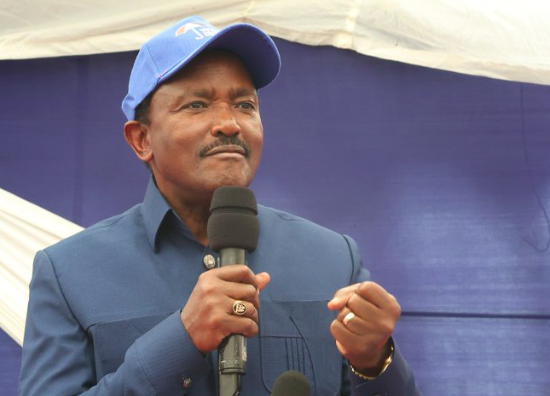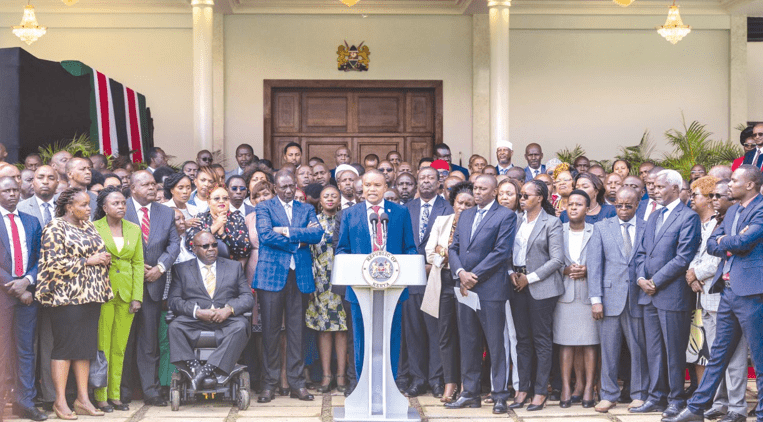MPs’ opulence stuns amid decrepit roads, schools
By Levi.Obonyo, June 28, 2024The protests and other events of this week have starkly illustrated a profound disconnect between the government and its people. It’s as if those in power and the people they govern, while sharing the same country, inhabit entirely two different worlds.
The revelation of a tunnel between Parliament and the offices of the people’s elected representatives and why the structure was built is perhaps the poster child of this disconnect. It was reported that the passageway allows MPs to escape the prying eyes of the public and the begging habits of the people they represent. How can it be right that elected officials seek to shield themselves from those who elected them?
Inside the Parliament, a world of luxury unfolds. The red-carpeted floors, the opulent furniture, the lavish dining facilities, and the fleet of top-of-the-range vehicles parked there starkly contrast with the rest of Kenya, where such extravagance is a distant dream.
On the roads, elected and appointed officials have long asserted dominance over the people. They brazenly assume the right of way, overtake with impunity, drive on the wrong side of the road, and use their flashing lights to demand other road users to give way, displaying a blatant disregard for the rights of ordinary people.
For a while now, the average citizen has become used to the luxury elected officials enjoy. They have a fantastic appetite for the good things the average taxpayer can only dream of.
Only recently, a young woman elected straight from university has been transformed beyond recognition, courtesy of the public purse. The cash display was there for all to see at her baby shower. She is not alone. People who do business with the government seem to need help with what to do with the money they now have access to.
An MP from Western Kenya gives this transformation a face. With his village innocence, he is often on social media, mesmerised by his newfound fortune. But it is not just national leaders whose is lost in its own bubble; the experience at the county level is no different.
Throughout the country, the systems are failing. Hospitals are understaffed, doctors frequently go on strike, schools are in disrepair, teachers are poorly paid and demoralised, and the roads are riddled with potholes. These are just a few examples of the issues that plague the nation.
People pay taxes to receive services, but these services are never provided. Security for the middle class and the provision of other essential services such as water, sanitation, garbage collection, and so on are private affairs.
However, it would appear that the three arms of the government – the judiciary, the legislature, and the executive – are seldom undersupplied. With some of its dilapidated courthouses, the judiciary may be the poorer of the three.
When the President addressed the nation on Wednesday evening, announcing that he would not be signing the 2024 Finance Bill, a journalist dared to ask whether the government would still implement any development projects. The MPs sitting behind the President sneered, seeming cushioned in their own bubble of privilege and power.
This disconnect is so disconcerting to the public. In their secure abode, it is nearly impossible for the people’s representatives to feel their electorate. The protesters are saying that this gap be bridged. Let the elected and appointed leaders share everyday experiences.
The elite’s privileges should be reduced; leadership should not be an opportunity to access largesse at public expense but a chance to serve. The judiciary, legislative, and executive acting independently, each checking on the other to dump down the excesses would be a beginning. In that case, we may start our journey to recovery.
The writer is the Dean of Daystar University’s School of Communication
More Articles

